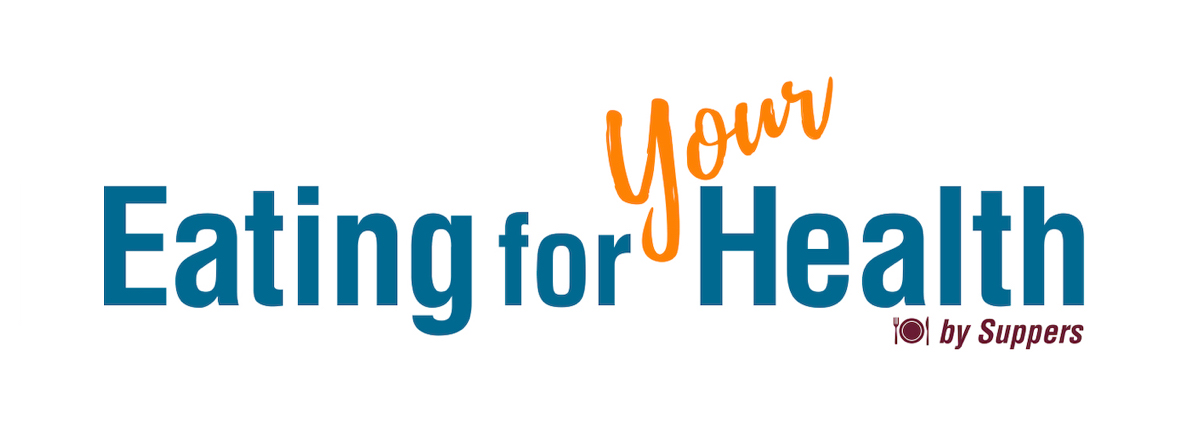Reviewed by Irma Jennings, CHC, Suppers Facilitator
The last thing you should be taking for your bones is a calcium supplement. And don’t even think about drinking a glass of milk.
That’s according to Dr. Thomas E. Levy, MD, JD. In his recent book, Death By Calcium, he turns everything you thought you knew about bone health upside down. Starting with calcium. In fact, Dr. Levy makes the case that calcium supplements and dairy are toxic to your body.
Most of us get way too much calcium. And the excess accumulates in cells, tissues and organs. It calcifies and hardens wherever it lands whether it’s your arteries, heart or brain. As a result, he says “you are 30% more likely to have a heart attack and up to 20% more likely to have a stroke if you take an extra 500 mg of calcium per day.” It’s even worse if you’re getting 1,400 mg per day, which many women do. That can increase your risk of cardiovascular disease by 40%.
And it’s not just heart disease. That extra calcium can also concentrate in cells and cause oxidation leading to cancer. That’s why women with the highest bone mass were found in one study to have an increased risk of developing breast cancer.
How Much Calcium Is Too Much?
We simply don’t need as much calcium as most of us are getting whether it’s in dairy or supplements. According to Dr. Levy, we only need to take in enough calcium to replace what we lose every day. That’s about 170 mg for most healthy people. But you have to add about 30% to that number. That’s because your digestive system only absorbs about 70% of the calcium you take in.
Bottom line? If you’re over 36 years old, you only need 200 to 300 mg of calcium per day. Not the 1,300 mg the government recommends. It’s not a lot. Eating just a cup of low-fat yogurt (400 mg) would put you over the limit.
You can easily get all the calcium you need every day from your food even if you don’t eat any dairy. Here are some of my favorite non-dairy foods and their calcium content:
- Sardines with the bones, 3 oz., 325 mg
- Black-eyed peas, 1 cup, 211 mg
- Canned salmon with bones, 3 oz., 181 mg
- Tahini, 2 tablespoons, 128 mg
- Collard greens (cooked), 1/2 cup, 125 mg
- Almond butter, 2 tablespoons, 111 mg
- Raw chopped kale, 1 cup, 100 mg
- Hummus, 1/2 cup, 62 mg
- Navy beans, 1/2 cup, 61 mg
- Eggs (2), 50 mg
If Not Calcium, What Do Your Bones Need?
Dr. Levy recommends an extensive 6-part protocol to prevent and even reverse osteoporosis. He advocates detoxifying the whole body to eliminate toxins and chronic infections. He particularly advises getting rid of your dental amalgams containing mercury and nickel.
And as for bone-healthy supplements? Dr. Levy recommends taking vitamin D and vitamin K2. Both of these direct calcium into your bones and away from your heart and other organs.
But the most important vitamin Dr. Levy recommends for bone health was a surprise to me. It’s vitamin C. He calls vitamin C the “foundation and cornerstone of strong bones.” And he says osteoporosis is not a calcium deficiency. Instead, it’s “scurvy of the bones.”
Here’s what he means: Vitamin C is needed to maintain a health balance of bone-building osteoblasts and bone-destroying osteoclasts. It helps new osteoblasts form to build new bone. It also impedes the destruction of bone by osteoclasts. When your levels of vitamin C are low, you have trouble building new bone and your bone breakdown speeds up.
How much vitamin C should you be taking for your bones? If you’re taking ascorbic acid Dr. Levy recommends 6,000 to 15,000 mg per day in divided doses. That assumes you can tolerate that much and don’t develop diarrhea. You can also try 2,000 mg per day of the liposomal form of vitamin C. That’s a special gel form that your body absorbs more easily. And it won’t give you any GI distress.
I found Dr. Levy’s book fascinating. He makes a strong case for his healthy bone protocol. And his book is well documented with hundreds of studies. If you’re worried about your bones this is a great read and a wonderful reference book.
